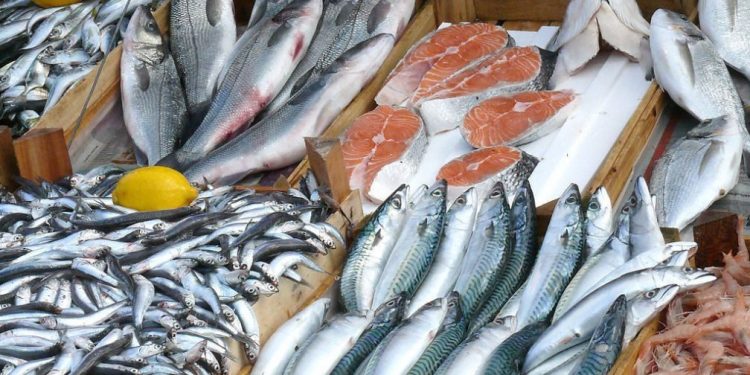The Federal Government of Nigeria is intensifying efforts to boost local fish production and cut down reliance on fish imports, which currently cost the nation an estimated $1.2 billion annually. With a new strategic direction, the government hopes to save up to $1.5 billion each year, according to the Minister of Marine and Blue Economy, Adegboyega Oyetola.
Speaking on Wednesday during a high-level consultative meeting with fisheries cooperative groups in Abuja, Oyetola outlined a bold plan to make Nigeria self-sufficient in fish production. He emphasized that the government is committed to transforming the aquaculture sector into a major contributor to food security, employment generation, and foreign exchange earnings.
“Nigeria must chart a new course towards self-sufficiency in fish production,” the Minister said. “We will scale up domestic fish production, reduce dependency on imports, and reposition the sector for sustainable growth.”
The plan includes policy reforms, technical support, and increased financial inclusion for stakeholders in the fisheries and aquaculture industry. Oyetola noted that the new approach will also open doors for export competitiveness, creating opportunities for Nigerian fish farmers and processors to reach global markets.
Experts say that if implemented effectively, the initiative could significantly strengthen Nigeria’s agricultural economy while reducing the country’s exposure to volatile import costs and supply chain disruptions.















